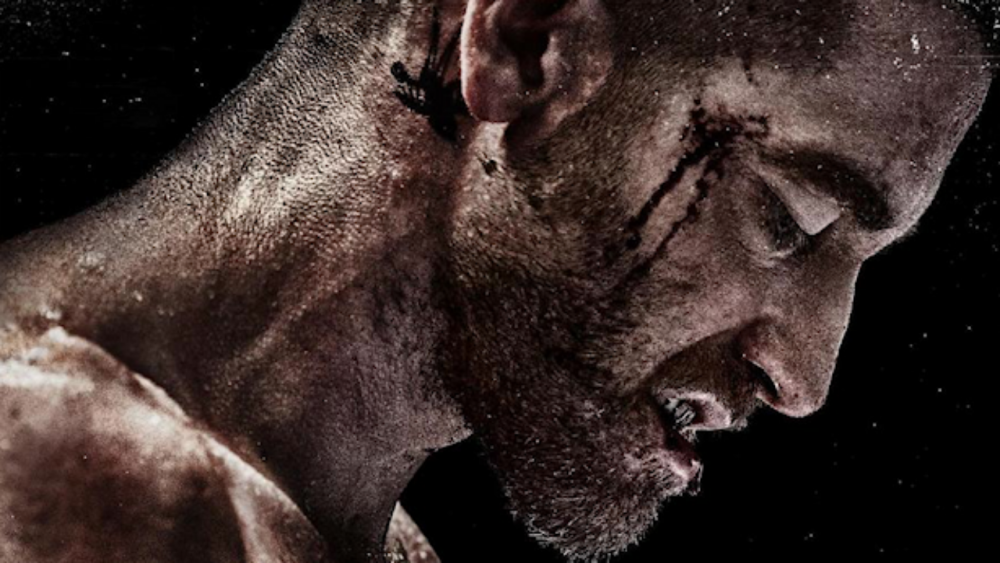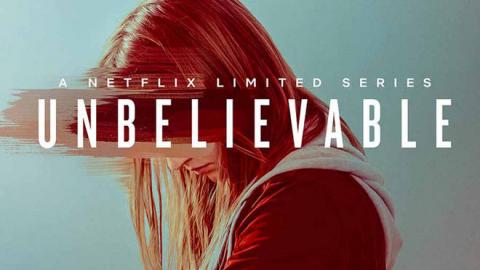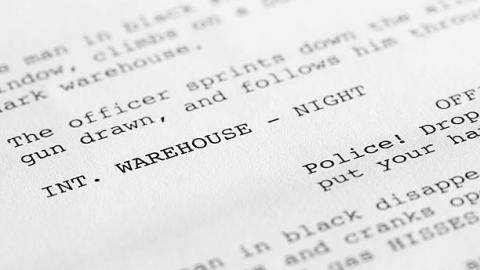Movie Reviews: "Southpaw" Is Not As Authentic As Its Inspiration
Share with friends

Despite solid and largely effective performances, the filmmakers chose to make a melodrama out of a story that could have been a genuinely moving tale of redemption.
There’s an irony to the fact that Southpaw, the new Antoine Fuqua film about a boxer on top who loses it all in one fateful moment, was inspired by Eminem (who was originally meant to play the lead role of Billy “The Great” Hope): Nearly everything Eminem does is authentic (or, at the very least, he has done a great job of convincing us it is for a very long time now).
Southpaw, however, is the antithesis of authentic.
Despite solid and largely effective performances by Jake Gyllenhaal (fantastically convincing as Hope), Forest Whitaker, Oona Laurence (who will be a star some day if she can escape the perils of the child actor) and Rachel McAdams (who clearly wants nothing to do with romance or comedy anymore, at least for the time being), Fuqua and screenwriter Kurt Sutter (Sons of Anarchy, The Shield) chose to make a melodrama out of a story that could have been a genuinely moving (albeit not overly original) drama about the fall and subsequent redemption of an underdog who had started in the gutter and risen to the highest of heights only to make a critical mistake and have to start from scratch again. They could have made Rocky and instead chose to make the pugilist version of Scarface. Fuqua, who appears to have made little effort to elevate Southpaw above the conventions of its genre, owes a heavy debt to both Brian De Palma and The Champ helmer, Franco Zeffirelli.
I’m a filmmaker. I understand how difficult it is to get anything made. I also understand that there’s generally little point in focusing on subjective considerations about what the film could have been rather than on what it actually is. But I’m left wondering who the filmmakers, the production company (Escape Artists) and the distributor (the Weinstein Company) thought was the target audience for this film. Did they earnestly believe that there was still a mainstream audience for an earnest melodrama? Has the cynicism and savvy of today’s viewers somehow escaped them? It’s a somewhat presumptuous question, but an honest one. There actually might be an audience for this film (I’ll leave it to everyone’s imaginations to determine what audience I’m referring to), but it’s not the audience at which Southpaw seems to have been targeted.
If you are a boxing fan, you will likely appreciate the fight scenes, which are filmed (by actual HBO Boxing cameramen, Todd Palladino and Rick Cypher) in a style of claustrophobic realism that at times almost convinces you you’re watching a real boxing match, but Fuqua (who has done excellent work in the past, especially on Training Day) never misses an opportunity to turn what could otherwise be an authentic human moment into over-the-top Kabuki theater (redundancy intended), and Sutter’s narrative continually shirks any opportunity to truly explore Hope’s struggles in favor of rushing to the next plot point. It feels as though it only takes about 5 minutes of screen time (although, in fairness, it's probably slightly longer) for Hope to lose his career, his wife, his daughter, his home and almost all of his possessions. What's more, the largest chunk of those 5 minutes is spent watching Hope hold his dying wife who has just been shot, in the midst of a crowded lobby, while no one calls for a doctor for at least a couple of minutes. It must be the quickest fall in human history (not to mention the most stupefied, mindless collection of eyewitnesses to a murder).
At the risk of sounding presumptuous again, I think it’s safe to say that most of us love underdogs and stories of redemption. We also never seem to tire of the visceral thrill of violence. And whose heartstrings aren’t tugged on at least a little by a tough guy dad who loves his little girl? Southpaw is disappointing precisely because all of the ingredients were there to make it a legitimately satisfying story. Unfortunately, the filmmakers decided to go in a different direction.




